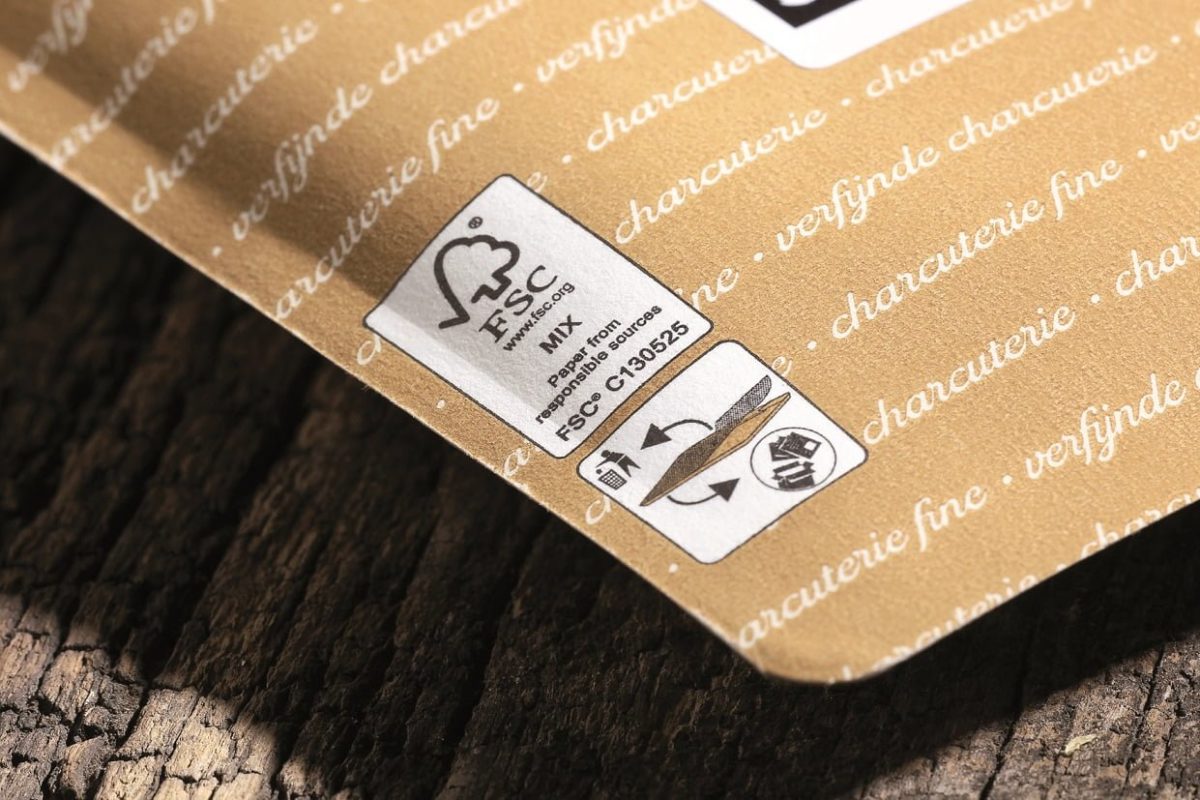
In Belgium, no other retail group is backing bio-quality, sustainability and ecological responsibility more than Colruyt. This includes packaging issues and Wipak paper laminates are a vital part of this concept.
Paper is sustainable and gives consumers the confidence of buying a natural product, whilst also contributing to the preservation of our environment. This idea convinced the Colruyt Group right from the start. Their most important requirement, however, was that the paper laminate would be classified as paper waste and could be disposed of accordingly. This meant that at least 85 percent of the package needed to be made of paper.
Wipak developed a thermoforming laminate with 300 g paper. The package offers the same functionality as pure plastic solutions. Aroma protection, extended shelf life or oxygen barrier are ensured by means of an extremely low gauge 25 µm sealing layer. And, with more than 85 percent paper, the tray laminate successfully exceeds the specifications.
As of January 2017, the complete range of Vlevico products, including salami, mortadella, ham, and other cold meat and sausage products, are available in the new packages in Colruyt’s markets.
Colruyt has benefitted right from the start. “Thanks to the reduced volume of the paper tray, we are able to bring down storage and transportation costs. Over its entire lifecycle, the paper tray has a 55 percent smaller impact on climate change”, explained Stefan Goethaert, Director of Colruyt Group Fine Food. “With about 12.5 million trays per year, there will be about 130 tons less plastic entering the cycle, which significantly supports the group’s sustainability philosophy.”